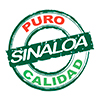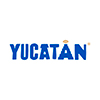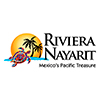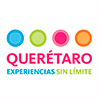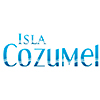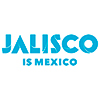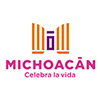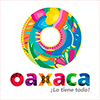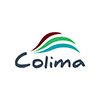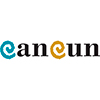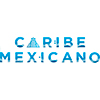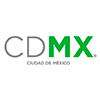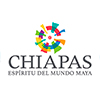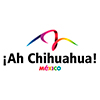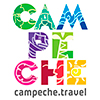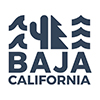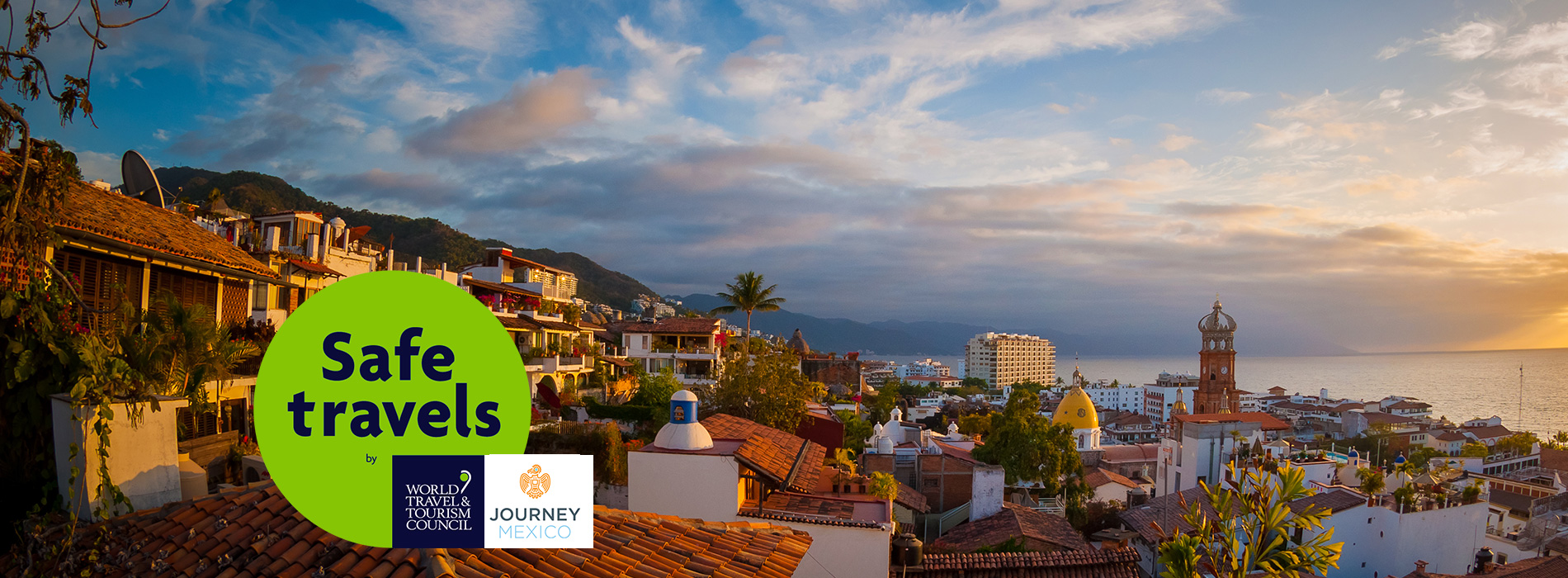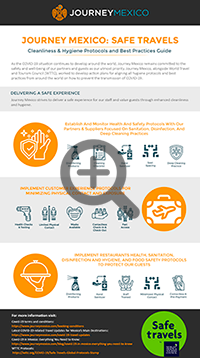Journey Mexico Working Hand-in-Hand with the World Travel & Tourism Council (WTTC) to Create Global Protocols for Travel Safety
Working with the WTTC, its members, health experts, and travel industry associations from around the world, Journey Mexico is helping to define and design global tour operator standards and protocols as travel and tourism moves from crisis management to recovery. At the core of these global travel protocols is the health, safety, and security of travelers and the hospitality workforce.
Not only are we helping to define and set new travel standards and protocols, we are working hard with all our suppliers and partners to make sure that they are meeting or exceeding these standards as they are implemented. Since day one, we have worked closely with our suppliers to meet and exceed industry safety standards, so this is not new to us, it’s what we do. The wellbeing of our guests and staff is paramount to us.The suggested protocols below for tour operators were created by Journey Mexico and a handful of other world-class tour operators. These protocols also take into account the World Health Organisation (WHO), the US’ Centers for Disease Control and Prevention (CDC) and the European Centre for Disease Prevention and Control (ECDC) guidelines. The objective is to ensure that protocols are in place across all relevant functions with an increased focus on health, hygiene, and reduction of physical contact guidance which travelers will need and expect to embrace a safe travel experience.
We will constantly be monitoring these protocols and information against the latest information available about the virus and updating accordingly.
| DOWNLOAD INFOGRAPHIC |
For the purpose of alignment across industries within the Travel & Tourism sector, WTTC has divided the protocols into four pillars, namely:
- Operational and Staff Preparedness
- Delivering a Safe Experience
- Rebuilding Trust & Confidence
- Implementing Enabling Policies
1. OPERATIONAL AND STAFF PREPAREDNESS
As tour operators restart their operations, they should ensure they can optimize operational quality and delivery and have trained staff to prepare and execute on the operational plans:
- Tour Operators may achieve operational readiness for reopening by having:
- Obtained the applicable reopening license if required by local government
- Developed a COVID-19 prevention plan including an action/checklist for infection prevention and a special cleaning and disinfection plan
- Implemented protocols and guidelines for staff health, including health checks for staff if required by local legislation. If not required, tour operator to issue and communicate a stay-home policy for anyone displaying any symptoms as per World Health Organisation (WHO) guidelines
- Reflected physical distance in office layout and limiting the number of staff in common back-of-house areas where possible if required by local legislation
- Implemented protocols to minimize physical contact. Implemented physical distancing protocols if required by local legislation
- Personal protection equipment (PPE) available to staff, such as masks, as long as required as per risk-based approach if required by local legislation o Integrated technologies to enable automation such as contactless payment where possible. If contactless payment is not possible, consider using gloves and hand sanitation
- Established with suppliers and partners including restaurants, hotels, parks, transport partners, and venues that they follow likeminded health and hygiene protocols and guidelines to protect guests as required by local legislation. See WTTC protocols for Hospitality, Aviation, and Airports for detailed guidelines relating to these industries
- Introduced a COVID-19 contingency plan should new cases emerge in collaboration with suppliers and partners
- Identified and adopted appropriate cleanliness and disinfection best practices validated by expert bodies, health authorities and governmental institutions
- Explored different options for operations, where possible, such as advanced tickets, timed entries, smaller groups
- Tour Operators should train all their staff to prepare and execute on operational plans by:
- Creating and implementing staff protocols and guidelines, including tour guide, coach/drivers and local specialists, and operations such as Q&A.
- Provided their staff with the tools and information necessary regarding infection control, physical contact, sharing of food and utensils, appropriate attire, and enhanced hygiene measures, the use of masks and gloves as recommended by local health authorities or as required by the tour operators procedures when these go beyond local requirements
- Requested that key stakeholders such as partner venues, hotels, and transport partners have trained their staff based on likeminded protocols to enable consistent approach across the sector
- All training should be informed by the latest advice from public health authorities and/or WHO
- Regular monitoring of well-being of team members by leadership, encouraging them to follow governmental and WHO guidelines
2. DELIVERING A SAFE EXPERIENCE
As tour operators work to deliver a safe experience for their staff and their guests through enhanced cleanliness and hygiene best practices, they should have:
- Worked with suppliers to understand what additional measures have been introduced
- Implemented or confirmed with suppliers processes focused on enhanced sanitation, disinfection, and deep cleaning practices for coaches and other vehicles used as well as increase their cleaning/disinfection frequency:
- Selected disinfecting products approved by health authorities
- Revisited guidance to the cleaning team with a specific focus on high-frequency touchpoints, including handrails, door handles, tables, board toilets, air conditioning filters, overhead lockers, and headsets if applicable. Enhance cleaning frequency as appropriate
- Approved disinfecting products made available at sanitation stations to guests in the form of alcohol-based hand sanitizer as appropriate. Provide or make available for purchase additional individual disinfecting products for guests if possible
- Allocated seating plans with no rotation. Implement seat spacing if required by local legislation
- Explored providing bins with liner bags and regular disposal where possible
- Established with transport partners that they have likeminded processes for sanitation, disinfection, and deep cleaning practices
- Implemented customer processes including guest information and minimizing physical contact:
- Implemented guest health checks and testing if appropriate and required by local legislation
- Limited physical contact and queuing where possible
- Make masks available to guests if required by local authorities
- Developed online check-in and contactless check-out tools and procedures where appropriate and possible
- Explored staggered timing when possible of access to venues, hotels, and restaurants among others
- Established with partners and suppliers, including shops, showrooms, tasting venues/shops, museums, shows, theatre, concert halls, factories & farms, that they follow likeminded health, sanitation, disinfection and hygiene protocols aligned with local regulation
- Established that partner restaurants follow likeminded health, sanitation, disinfection and hygiene, and food safety protocols to protect guests, such as:
- Approved disinfecting products made available at the entrance to guests in the form of alcohol-based hand sanitizer as appropriate.
- Established with the restaurant that restaurant staff are trained and adhere to likeminded health, hygiene, and physical contact guidelines
- Avoid guest own handling of food at buffets
- Regular cleaning of coffee/drinks machines and where possible operated by the staff member
- Enhanced cleaning, including disinfecting of tables and chairs after a guest has left and using dishwasher over hand-washing where possible
- Minimized physical contact through table spacing and guest seating if required by local legislation
- Considered minimizing what is placed on guest tables and provide mono-packaged items if feasible
- Reviewed payment method to prioritize contactless and pre-payment methods
- Considered having longer opening hours to reduce the number of guests served at any given time and facilitate the implementation of the new measures
- Reviewed payment method to prioritize contactless and pre-payment methods
3. REBUILDING TRUST & CONFIDENCE
As tour operators work to enhance trust and confidence through transparency and communication with their guests, they should:
- Provide clear, consistent, and up-to-date communication to customers on new health & hygiene protocols via the organization’s channels, both digitally and physically. Work with suppliers to implement clear signage to inform guests of the enhanced cleaning protocols, avoiding physical contact, and recommendations
- Share guest guidelines ahead of the trip and where applicable in person upon commencement of trip based on advice from health authorities which may include the wearing of face masks or coverings, guidance on hand hygiene, and avoiding physical contact. Consider having consumers acknowledge guidelines
- Inform guests about the support available if questions or concerns arise. Guest facing staff should be trained and prepared to answer questions, resolve challenges such as the detection of new cases, address situations where guests are not complying and share protocols before and during a trip to reassure traveler
- Explore collaboration with medical/travel insurance companies to offer traveler insurance covering COVID-19 who could assist with arrangements should they be necessary such as emergency repatriation and medical care
- Promote contact tracing apps if required by local legislation
4. IMPLEMENTING ENABLING POLICIES
As tour operators work to recover, it is essential that enabling policies are implemented at the governmental level. Tour Operators call on governments to:
- Work collaboratively with industry and other governments as new rules for cross-border travel are developed and announce them in advance
- Provide financial relief to the sector through grants and the reduction of taxes, fees, and charges to stimulate demand in recovery
- Create incentives and provide direct support to boost travel and tourism
- Enhance destination promotion to boost demand both domestically and internationally
- Consider visa facilitation and visa-waiver for travelers
Destinations in Mexico using the WTTC Safe Travels Stamp
